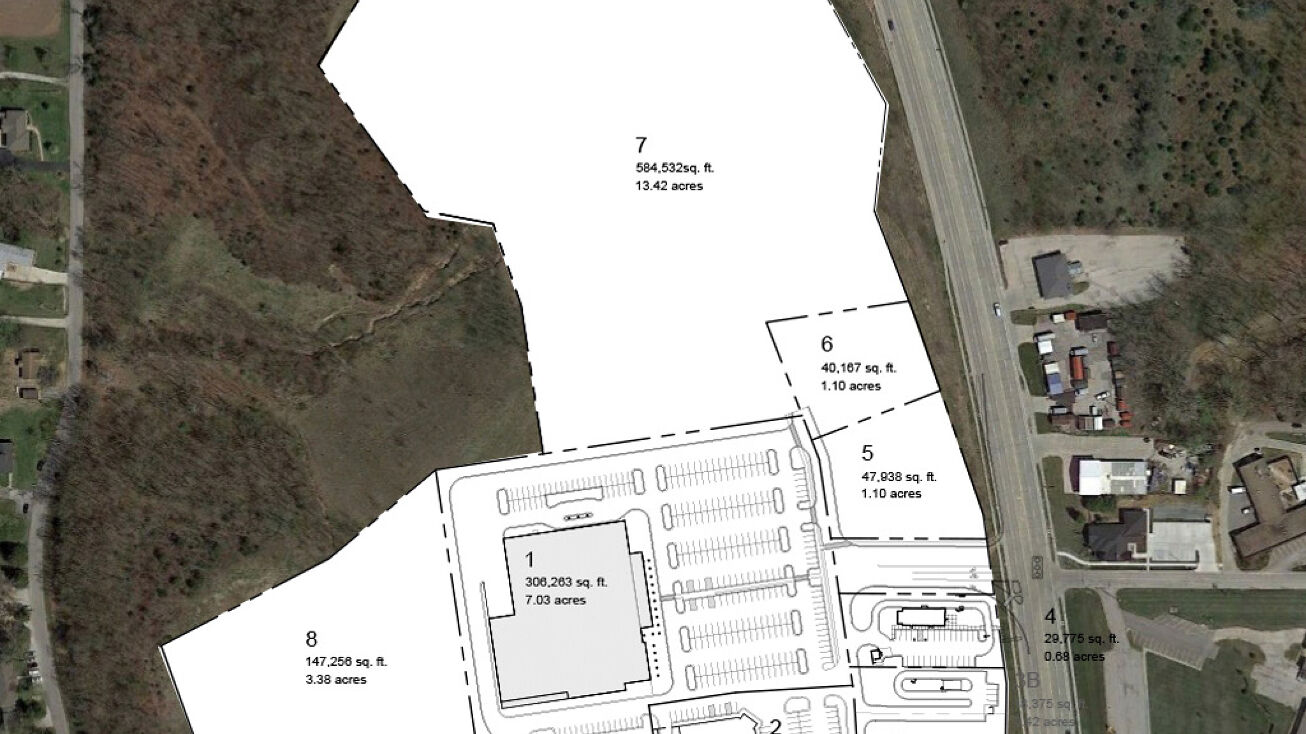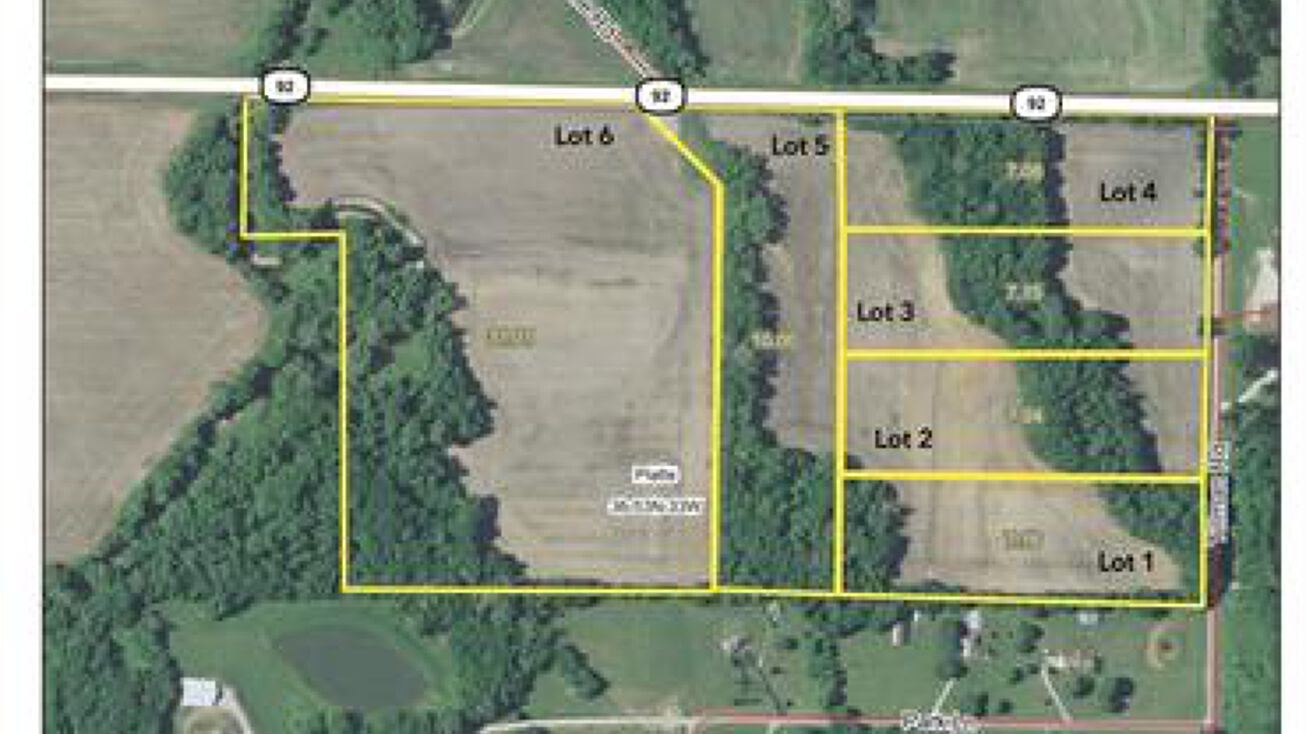Land For Sale Smithville Mo – These goods, once owned and used by someone else, offer a unique opportunity for both sellers and buyers to exchange items that might otherwise go unused. They believe that certain things, like love, loyalty, and friendship, should be above the reach of commerce. We live in a society where people constantly trade their time for money, their expertise for compensation, their dreams for tangible rewards. In a circular economy, items are kept in use for as long as possible, reducing the need for new resources and minimizing environmental harm. The world may increasingly operate under the assumption that everything is for sale, but the human spirit, with its capacity for love, creativity, and compassion, refuses to be bought. The business-for-sale market continues to evolve, influenced by economic trends, technological advancements, and shifts in consumer behavior, but one thing remains clear: buying and selling businesses will always be a fundamental part of the global economy. When everything becomes a transaction, we risk losing sight of what truly matters. Additionally, second-hand furniture allows buyers to find unique items that may not be available in traditional furniture stores. In the age of immediacy, it can often feel as though many goods are made with built-in obsolescence, created to be replaced every few years. In the realm of real estate, for instance, selling a house is often an emotional and logistical challenge. We are all participants in a vast, interconnected economy, one that doesn’t just involve physical goods but extends to ideas, relationships, and even identities. When consumers buy these goods, they are investing in both the product and the people behind it. While there are certainly markets where affordable goods are a necessity, quality goods for sale often come with a premium price tag. When you look at something marked as “for sale,” you’re not only seeing an item; you’re seeing the possibility of a change, whether it’s the beginning of a new ownership, the end of a relationship with an object, or simply the result of a decision to move forward. Many sellers of second-hand electronics offer refurbished items, which have been inspected, repaired, and restored to a like-new condition. The result is a society that increasingly prioritizes consumption over connection, profit over meaning, and exchange over understanding. Manufacturing new items requires energy, raw materials, and natural resources, all of which contribute to environmental degradation. A home, a car, a piece of jewelry, a moment in time, a relationship — all of these things, at some point, become commodities. Whether it’s a vintage armchair, a gently used dining table, or a piece of mid-century modern furniture, second-hand furniture can be both functional and stylish. For sellers, online platforms provide a global marketplace, allowing them to reach a wider audience than they would through traditional brick-and-mortar stores.

Short Lane, Smithville, MO 64089 Land for Sale Short Lane
Search propertiessearch top us real estatefind your country escape

3 Acres of Residential Land for Sale in Smithville, Missouri LandSearch
Search propertiessearch top us real estatefind your country escape

Smithville Marketplace Highway 169, Smithville, MO 64089 Land for
Search propertiessearch top us real estatefind your country escape

3 Acres of Residential Land with Home for Sale in Smithville, Missouri
Search propertiessearch top us real estatefind your country escape

110 US169, Smithville, MO 64089 Land for Sale 110 US169
Search propertiessearch top us real estatefind your country escape

Lot 4 Tillman Farms N/A, Smithville, MO 64089 Land for Sale Lot 4
Search propertiessearch top us real estatefind your country escape

Stonebridge Ln, Smithville, MO 64089 Land for Sale
Search propertiessearch top us real estatefind your country escape

47.71 Acres of Improved MixedUse Land for Sale in Smithville, Missouri
Search propertiessearch top us real estatefind your country escape

718 Spelman Drive, Smithville, MO 64089 MLS 2495464
Search propertiessearch top us real estatefind your country escape

N US 169 Hwy & S Commercial Ave, Smithville, MO 64089
Search propertiessearch top us real estatefind your country escape
Thrifted clothing, vintage furniture, and pre-owned electronics are often seen as more authentic and unique than brand-new, mass-produced items. Many online platforms also allow buyers and sellers to leave feedback and reviews, helping to build trust and credibility in the transaction. The production of new goods often requires significant resources, such as raw materials, energy, and labor, while also generating waste and contributing to pollution. A piece of art, for example, may be valued differently by various individuals based on personal taste, financial resources, or the emotional connection they feel to the work. It may have been passed down, carefully preserved, and lovingly maintained. Similarly, during periods of economic growth, there may be a greater willingness to spend on luxury second-hand items, such as high-end fashion or collectible items. It carries the marks of life’s moments: the road trips, the adventures, the daily commutes, the memories of friends and family. Once a suitable business has been identified, the buyer usually begins the due diligence process, which involves reviewing all relevant documents, financial records, and contracts. In some cases, sellers may be willing to offer financing options, where they agree to receive payment over time, which can make the business more attractive to potential buyers. There are those who argue that not everything should be for sale. The materials used, whether it’s hardwood, durable fabrics, or premium upholstery, are chosen for their longevity and aesthetic appeal. With just a few clicks, consumers can browse through thousands of listings for second-hand items from all over the world. Upcycling is a great way to make the most out of second-hand goods, adding both value and meaning to the items that are being repurposed. Additionally, many second-hand items are still in excellent condition, having been gently used or well-maintained by their previous owners, further enhancing the appeal of these products. The resale of pre-owned clothing has become a booming industry in recent years, with second-hand stores and online marketplaces thriving as more consumers opt for affordable, sustainable alternatives to fast fashion. After the sale is complete, the buyer assumes responsibility for the business and takes control of its day-to-day operations. Yet, at the same time, there’s the promise of new beginnings for both the seller and the buyer. The concept of “for sale” stretches beyond physical items. One of the major environmental concerns with new products is the waste that they often generate at the end of their life cycle. Success after the acquisition depends on a variety of factors, such as effective leadership, market conditions, and the buyer’s ability to make improvements and capitalize on growth opportunities.
With the rise of e-commerce, the accessibility of quality goods for sale has expanded exponentially. Take, for example, a high-quality piece of furniture — a well-crafted sofa or dining table can last for decades if maintained properly. It’s a small but significant way to make a positive impact on the planet, especially when one considers the volume of waste generated by fast fashion, electronic waste, and disposable goods. The adage “you get what you pay for” rings especially true in the realm of quality goods. We live in a society where people constantly trade their time for money, their expertise for compensation, their dreams for tangible rewards. A car might be sold because it no longer serves the needs of its owner, or perhaps the owner is simply ready for a change. The idea that everything is for sale works to perpetuate inequality, as those with the most resources can continue to amass power and wealth, while others are left to scramble for what little they can get. The possibilities are endless, and the result is often something more unique and personal than what could be bought new. It’s a constant negotiation, where both parties seek to align their perceptions of worth and reach an agreement that satisfies both sides. It is only through diligent research that a buyer can truly determine whether the business is worth the asking price. Economic downturns, for example, can influence the types of businesses that are put up for sale, as struggling companies may look to exit the market. The items placed for sale are not merely commodities; they are often vessels of memories, symbols of past achievements, or representations of something bigger than the price tag they carry. The due diligence process helps the buyer understand the risks involved, the company’s market potential, and any legal or operational hurdles that may exist. For sellers, online platforms can expand their reach to a global audience of potential buyers, increasing the chances of finding the right match for their business. The buying and selling of companies, brands, and even entire industries can reshape economies, alter job markets, and redefine how goods and services are delivered. In addition to individual sales, online marketplaces often feature businesses and professional sellers who specialize in second-hand goods, providing buyers with a curated selection of high-quality items. For many, purchasing second-hand goods is not just about saving money, but about embracing sustainability, supporting a circular economy, and contributing to a more environmentally conscious world. Once an agreement is reached, the final step is the legal transfer of ownership. By buying second-hand goods, consumers can feel good about supporting their communities and giving back to those in need. This subjective nature of value is what makes the “for sale” market so dynamic.